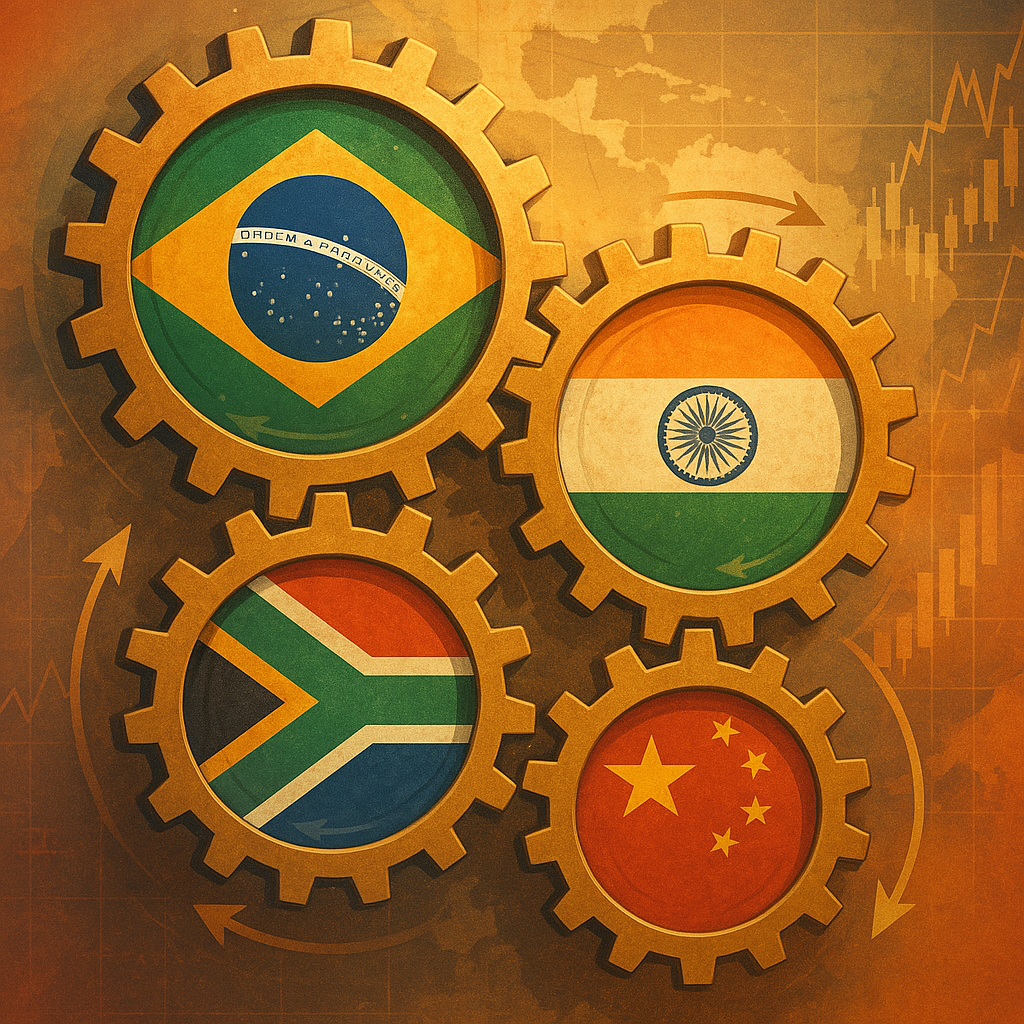The EM pendulum
It’s easy to forget, after a decade dominated by US stocks, that investing is not about chasing what has just done well, but about building a portfolio that is robust across a wide range of possible futures. Emerging markets have, for some time, lagged their developed market counterparts - particularly the US. This has led some to question their place in a diversified portfolio. This underperformance is not a reason to abandon them. In fact, it’s precisely why they remain important.
Emerging markets are expected to deliver higher long-term returns than developed markets. Why? Because they come with higher risks - political, economic, governance-related - and investors demand compensation for bearing those risks. Over the long term, this ‘risk premium’ has been rewarded. Since July 1989, emerging markets have delivered around 0.7% per annum over developed markets[1], a small but not insignificant number.
Of course, these returns don’t come in straight lines. If they did, there would be no reason to own developed markets at all. The reality is that emerging markets are volatile, even more so than their developed counterparts. They can detract from a globally diversified portfolio for certain periods and add it in to others , as the chart below demonstrates. Those who remain invested through both the ups and downs tend to be the ones rewarded.
Figure 1: Emerging markets have zigged and zagged | Indices: Fama/French Total US, International, Emerging Markets indices. Period: 01/07/1989 - 31/05/25. Returns in GBP.
A well-diversified global portfolio, with exposure to both developed and emerging markets, helps manage the risk of any one part of the portfolio performing poorly. It reduces reliance on any single region or sector and increases the likelihood of capturing returns wherever they arise. Diversification is the antidote to both FOMO and regret - the chart below captures this well with the green squares performing in the middle of the various regions around the globe.
Figure 2: Diversification mitigates poor outcomes in any one region | Indices: Fama/French Total US Market, International, Emerging markets indices. Albion World Stock Market Index
Period 01/01/2010 = 31/12/2024. Returns in GBP.
Emerging markets may not have had their day in the sun recently, but the case for holding them remains as strong as ever. They offer a return premium, diversification benefits, and exposure to the world’s fastest-growing economies. Staying the course is not always easy - but it is often the most rewarding path.
If you would like to learn more about investment diversification or the role Emerging Market Equities could play in your portfolio then please get in touch via the button below.
[1] Fama/French Emerging Markets Index, Albion World Stock Market Index. Period: 01/07/1989 - 31/05/25.



